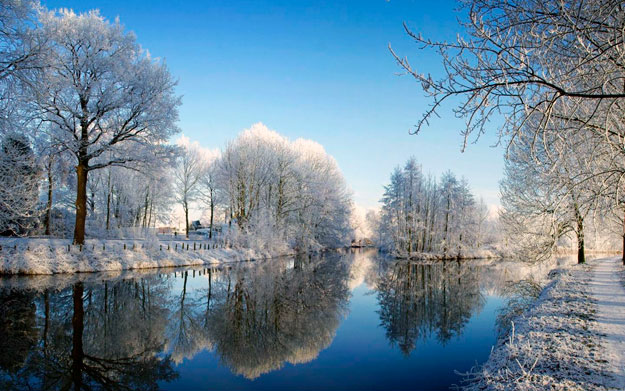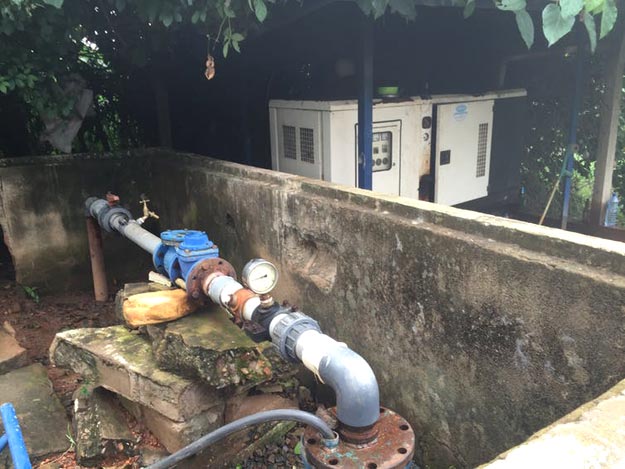Morning dew and roaring falls inspire poets. Hurricanes and typhoons wreak devastation. Melting glaciers and rising tides challenge us all, even in an ever more thirsty world.
 Water is so vital to our survival, but strangely enough, we don’t know the first thing about it—literally the first. Where does water, a giver and taker of life on planet Earth, come from? When I was in junior high school, my science teacher taught us about the water cycle—evaporation from oceans and lakes, condensation forming clouds , rain refilling oceans and lakes—and it all made sense. Read more
Water is so vital to our survival, but strangely enough, we don’t know the first thing about it—literally the first. Where does water, a giver and taker of life on planet Earth, come from? When I was in junior high school, my science teacher taught us about the water cycle—evaporation from oceans and lakes, condensation forming clouds , rain refilling oceans and lakes—and it all made sense. Read more











